Sudan's civil war two years on: is there any hope for peace?
Very small chance of significant breakthrough at London talks today as the warring factions are not included
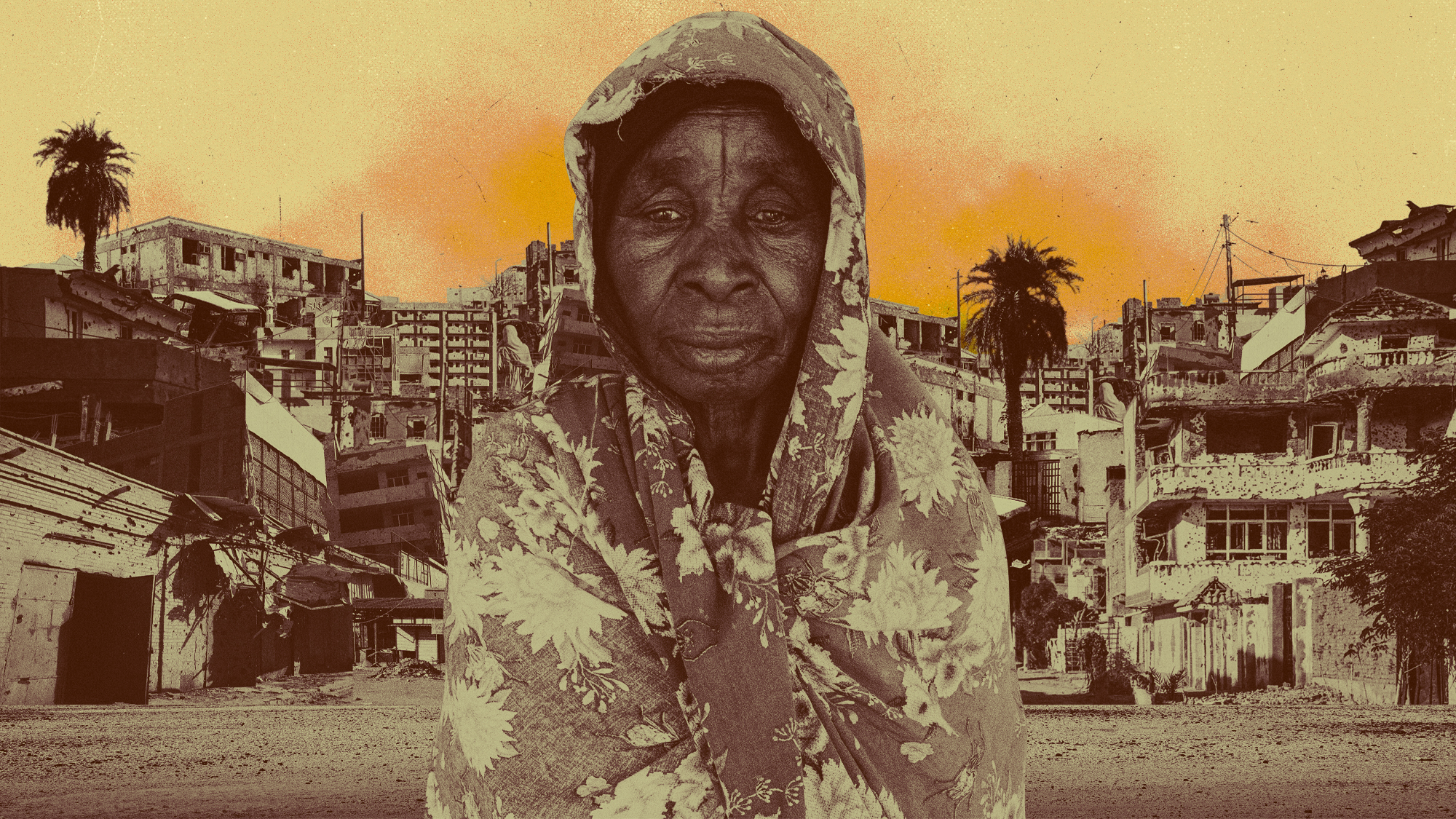
A free daily email with the biggest news stories of the day – and the best features from TheWeek.com
You are now subscribed
Your newsletter sign-up was successful
As Sudan's civil war enters its third year, diplomats and aid officials are meeting in London to address what the UN calls "the world's worst humanitarian crisis".
The summit, hosted by Britain, France, Germany, the EU and the African Union, "has modest ambitions", said The Independent. Rather than seeking peace, its goal is coordinating aid for the millions who are displaced and facing famine. Attendees include officials from Western nations, international bodies, and neighbouring states, yet neither the Sudanese government nor the rival paramilitary group it is fighting has been invited.
The war began on 15 April 2023, when tensions between the Sudanese Armed Forces and the Rapid Support Forces (RSF) erupted into conflict. Since then, up to 150,000 people have been killed and more than 12 million displaced. In a country of 51 million, 64% now depend on humanitarian aid. Widespread sexual violence, particularly against women and girls, has also been reported.
The Week
Escape your echo chamber. Get the facts behind the news, plus analysis from multiple perspectives.

Sign up for The Week's Free Newsletters
From our morning news briefing to a weekly Good News Newsletter, get the best of The Week delivered directly to your inbox.
From our morning news briefing to a weekly Good News Newsletter, get the best of The Week delivered directly to your inbox.
As fighting continues, Sudan risks splitting into two rival administrations with the prospect of partition looking increasingly likely.
What did the commentators say?
British officials organising the summit say the chances of a significant breakthrough are "slim", not least because the "warring parties" are not invited to the summit, said The Telegraph. Diplomats are mostly hoping that some consensus can be reached behind closed doors on "how to proceed towards talks". "But we can't just park it in the 'too complicated' pile," one aide told the paper. "That's what the world has done for two years."
The conference may well "galvanise international actors", said Jehanne Henry, writing for the Middle East Institute, but "additional pressure will certainly need to be applied on those supplying or enabling the conflict's belligerents as well as on the warring sides and their allies themselves".
The US could help by pressing its allies in the Gulf, the UAE and Egypt, "to cooperate in good faith with the internationally agreed approach and to stop fuelling the conflict". But there is "no shortcut on the path to a sustainable peace in Sudan". It is a "process unto itself", and any agreements will not be useful if Sudan remains "mired in conflict, criminality and extremism".
A free daily email with the biggest news stories of the day – and the best features from TheWeek.com
Meanwhile, the risk of Sudan being divided grows. In February, during a summit in Kenya, the RSF announced plans to form a rival government. Yet "recent Sudanese history has shown that partition is not a risk-free solution to civil war", said The Conversation. Since South Sudan seceded in 2011, it has faced "enormous difficulties," including its own civil war, "intergroup violence, food insecurity and sanctions resulting from human rights violations".
What next?
The two sides remain a "long way from seeking peace", said The Guardian. For now, diplomacy will focus on "securing a consensus among rival external backers that a ceasefire must be demanded and impunity for war crimes will end".
The UK has pledged £120 million to provide food and nutrition supplies. However, a "harsh spotlight is also very likely to fall" on the impact of recent USAID cuts, which have hit humanitarian aid to Sudan and defunded academic groups tracking war crimes and famine.
Sorcha Bradley is a writer at The Week and a regular on “The Week Unwrapped” podcast. She worked at The Week magazine for a year and a half before taking up her current role with the digital team, where she mostly covers UK current affairs and politics. Before joining The Week, Sorcha worked at slow-news start-up Tortoise Media. She has also written for Sky News, The Sunday Times, the London Evening Standard and Grazia magazine, among other publications. She has a master’s in newspaper journalism from City, University of London, where she specialised in political journalism.
-
 How the FCC’s ‘equal time’ rule works
How the FCC’s ‘equal time’ rule worksIn the Spotlight The law is at the heart of the Colbert-CBS conflict
-
 What is the endgame in the DHS shutdown?
What is the endgame in the DHS shutdown?Today’s Big Question Democrats want to rein in ICE’s immigration crackdown
-
 ‘Poor time management isn’t just an inconvenience’
‘Poor time management isn’t just an inconvenience’Instant Opinion Opinion, comment and editorials of the day
-
 Will increasing tensions with Iran boil over into war?
Will increasing tensions with Iran boil over into war?Today’s Big Question President Donald Trump has recently been threatening the country
-
 Which way will Trump go on Iran?
Which way will Trump go on Iran?Today’s Big Question Diplomatic talks set to be held in Turkey on Friday, but failure to reach an agreement could have ‘terrible’ global ramifications
-
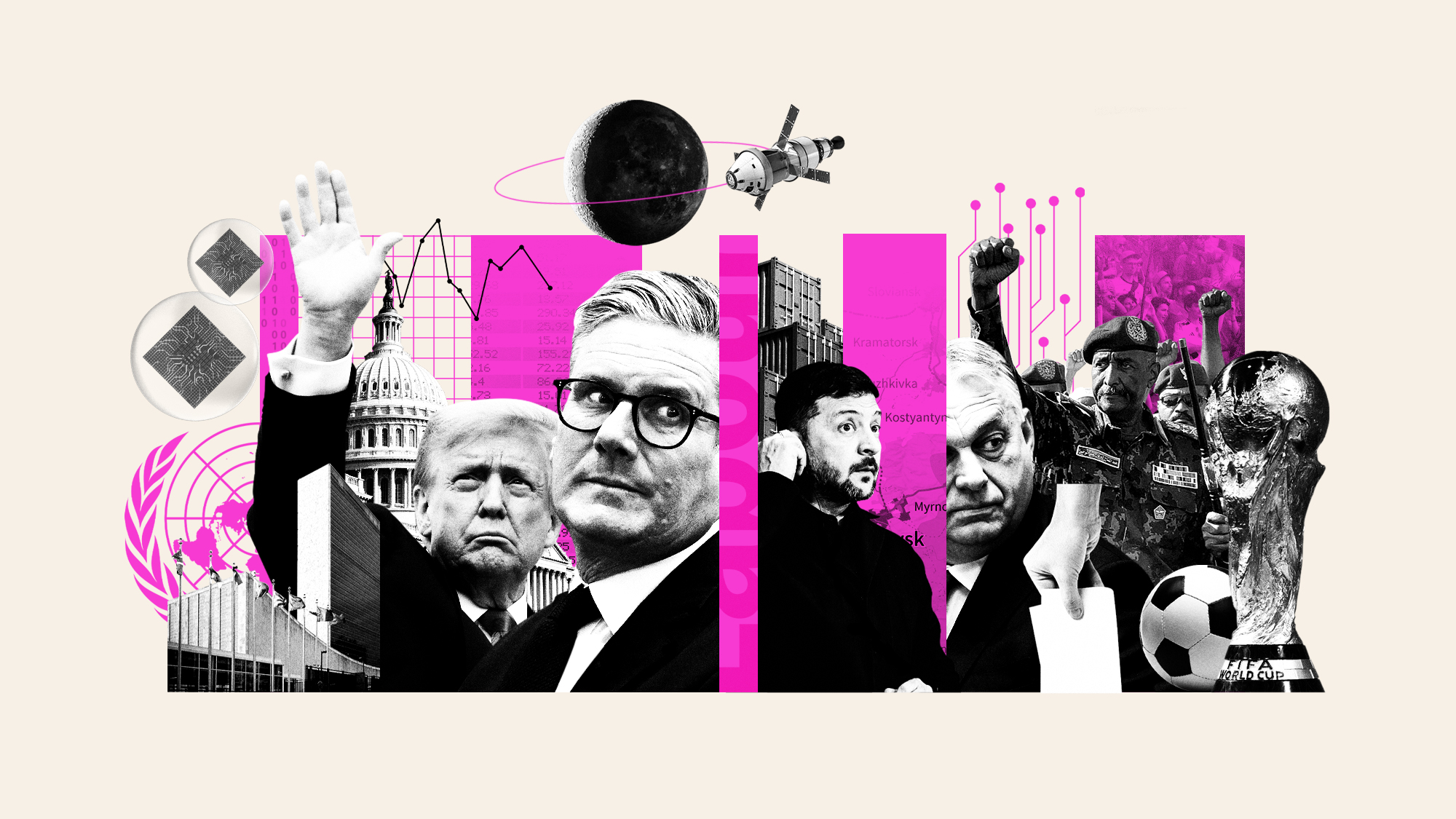 What will happen in 2026? Predictions and events
What will happen in 2026? Predictions and eventsIn Depth The new year could bring peace in Ukraine or war in Venezuela, as Donald Trump prepares to host a highly politicised World Cup and Nasa returns to the Moon
-
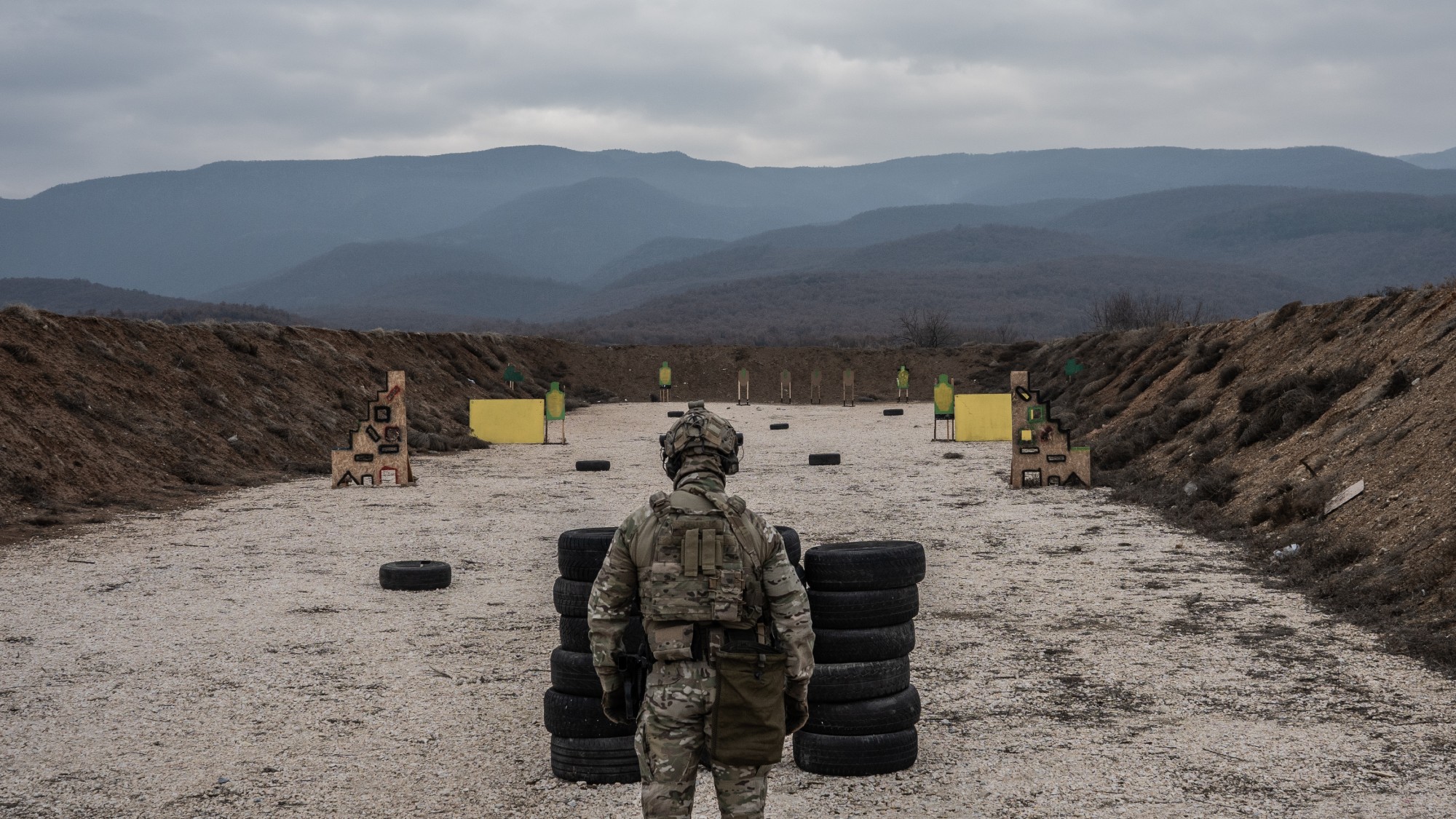 Is Europe finally taking the war to Russia?
Is Europe finally taking the war to Russia?Today's Big Question As Moscow’s drone buzzes and cyberattacks increase, European leaders are taking a more openly aggressive stance
-
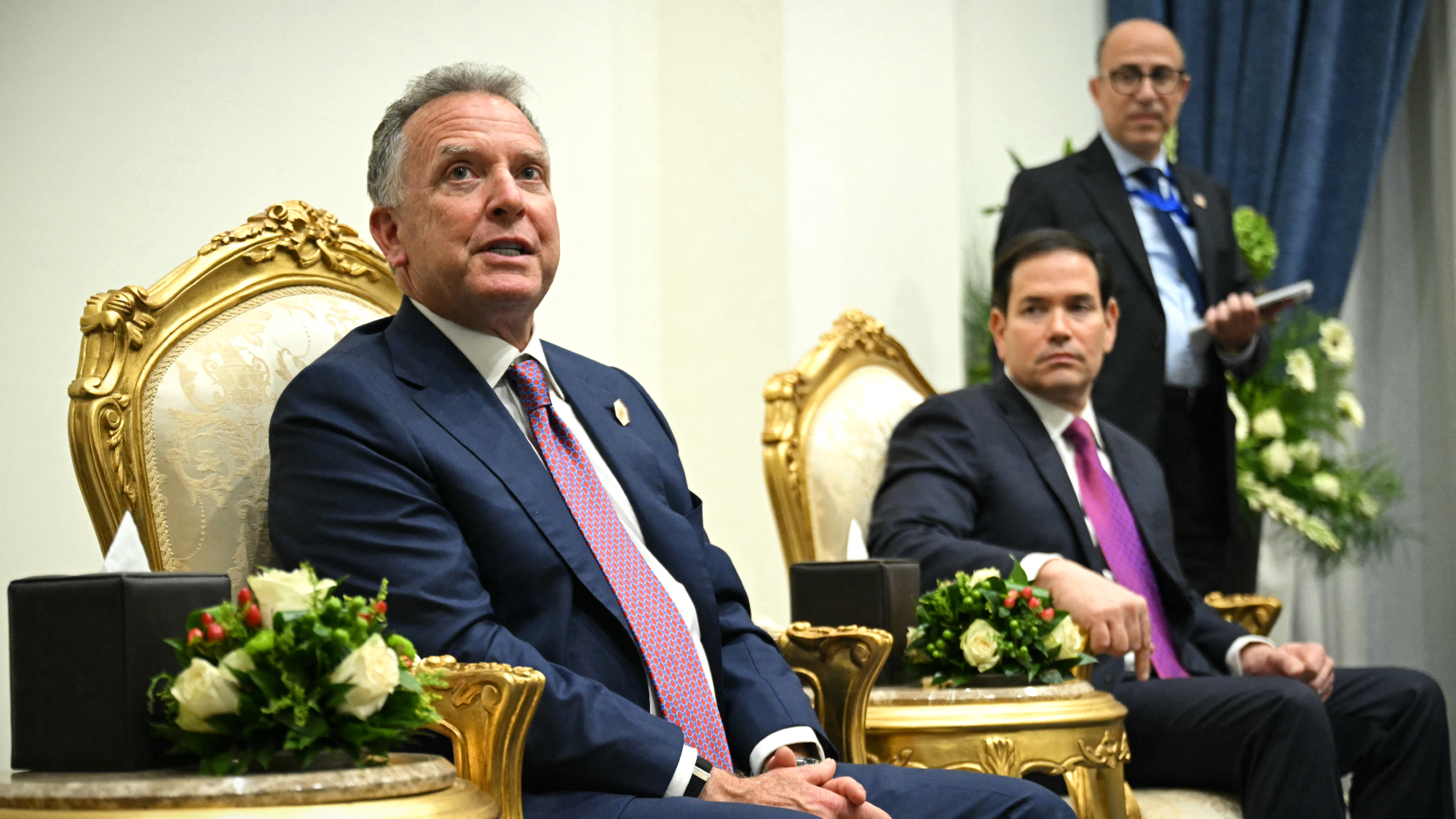 Trump pushes new Ukraine peace plan
Trump pushes new Ukraine peace planSpeed Read It involves a 28-point plan to end the war
-
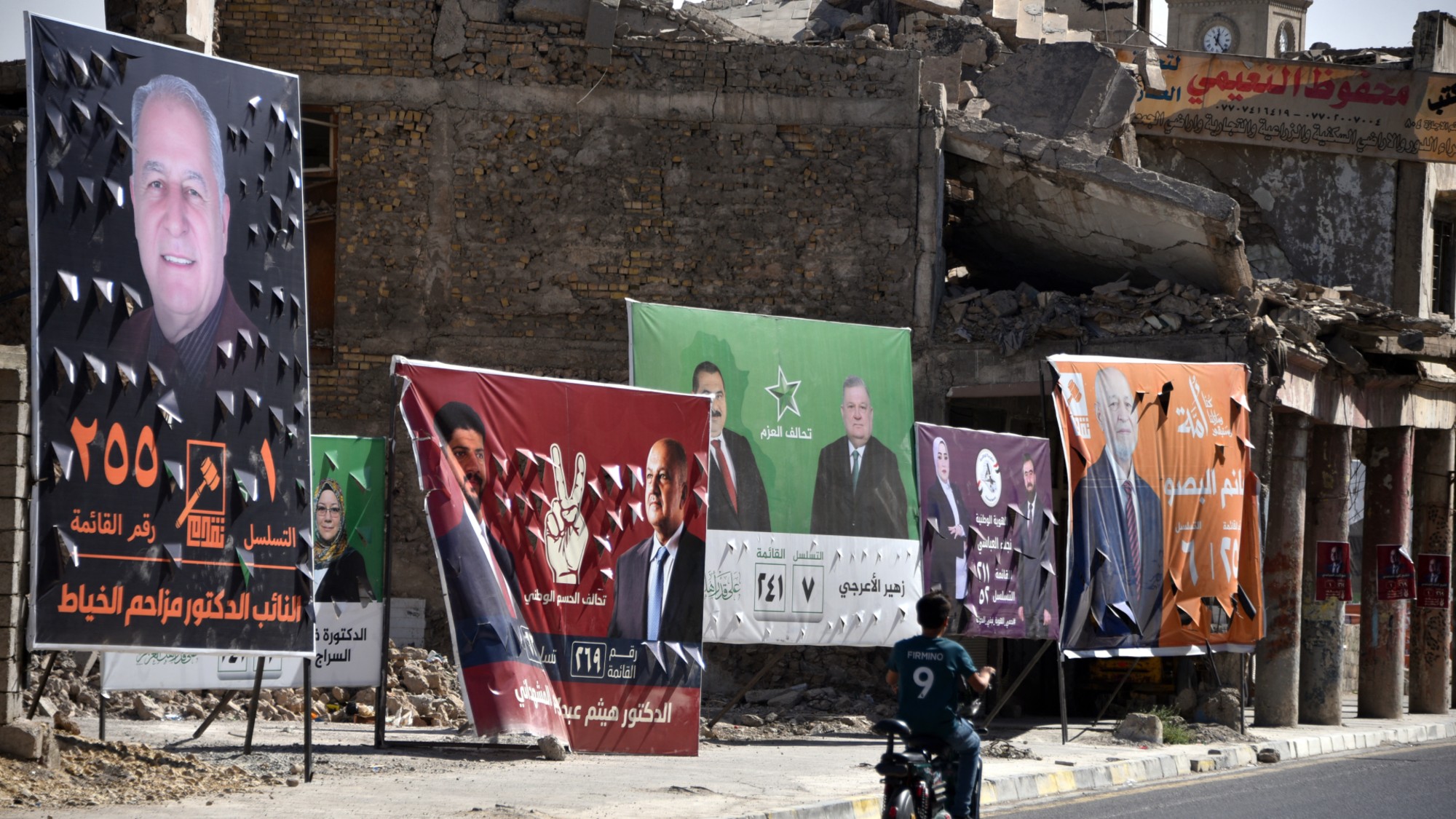 Why these Iraqi elections are so important
Why these Iraqi elections are so importantThe Explainer The US and Israel are increasingly pressuring Baghdad to tackle Iran-backed militants, while weakened Iran sees Iraq as a vital remaining ally
-
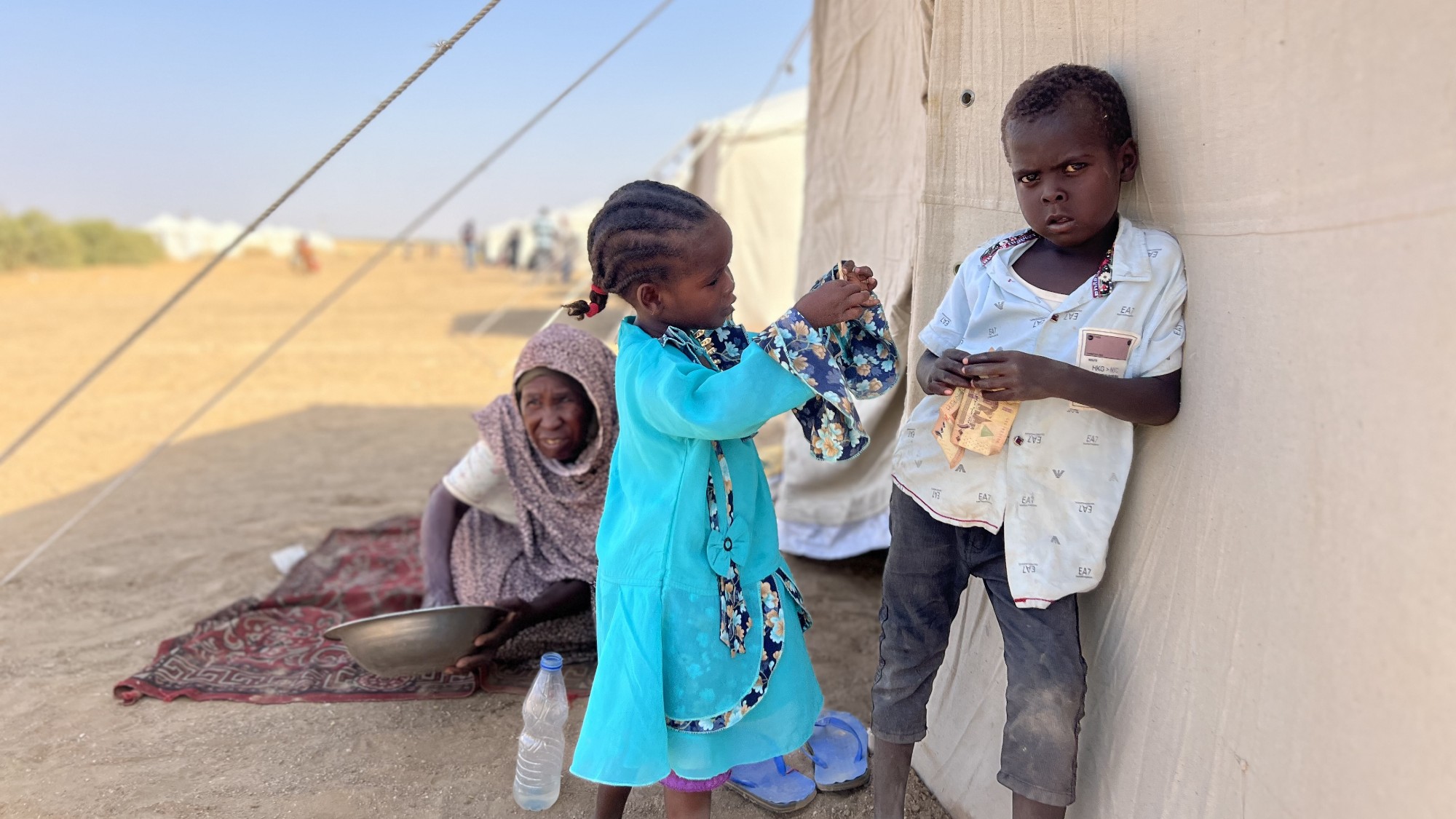 Massacre in Darfur: the world looked the other way
Massacre in Darfur: the world looked the other wayTalking Point Atrocities in El Fasher follow decades of repression of Sudan’s black African population
-
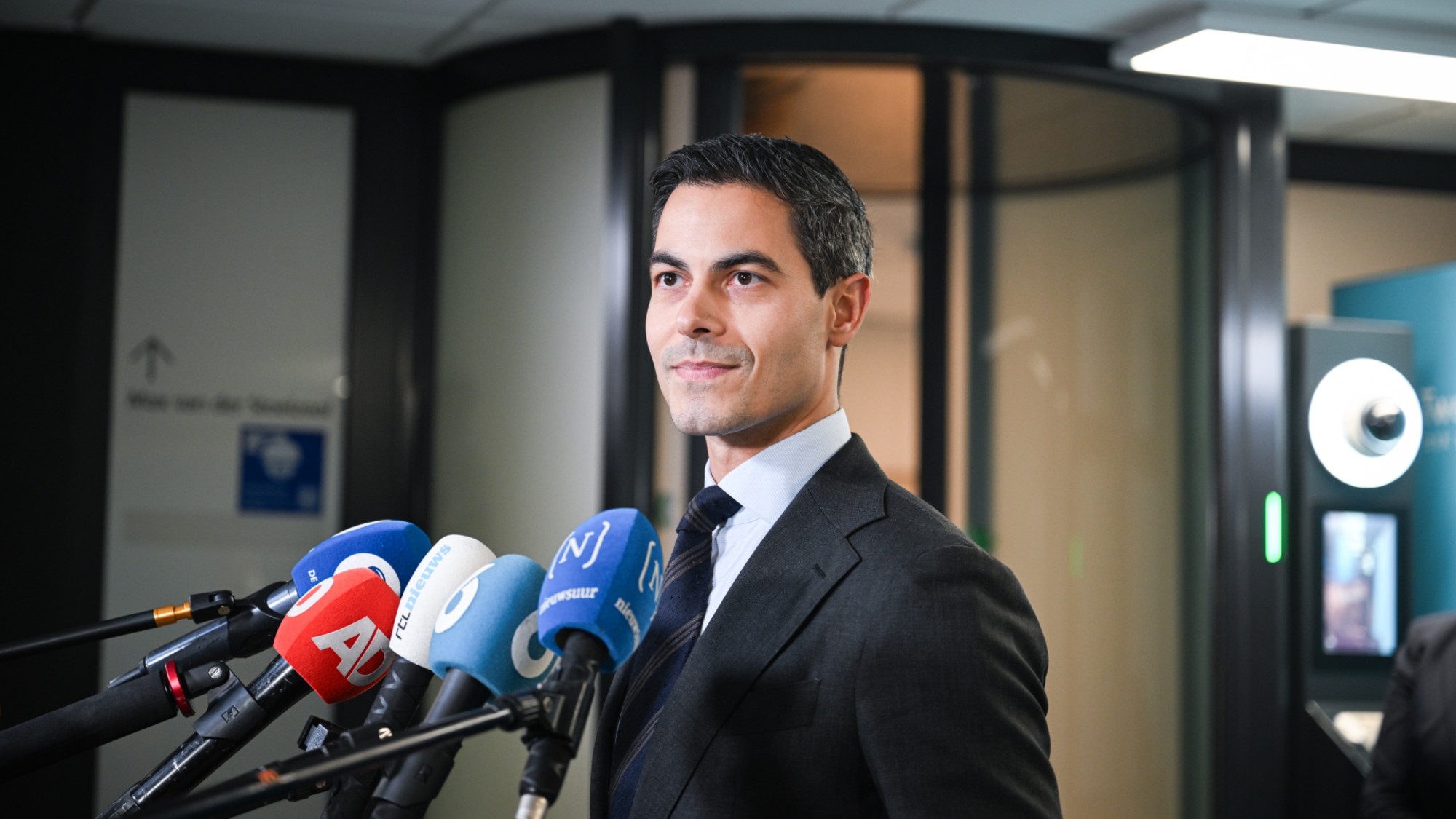 Rob Jetten: the centrist millennial set to be the Netherlands’ next prime minister
Rob Jetten: the centrist millennial set to be the Netherlands’ next prime ministerIn the Spotlight Jetten will also be the country’s first gay leader